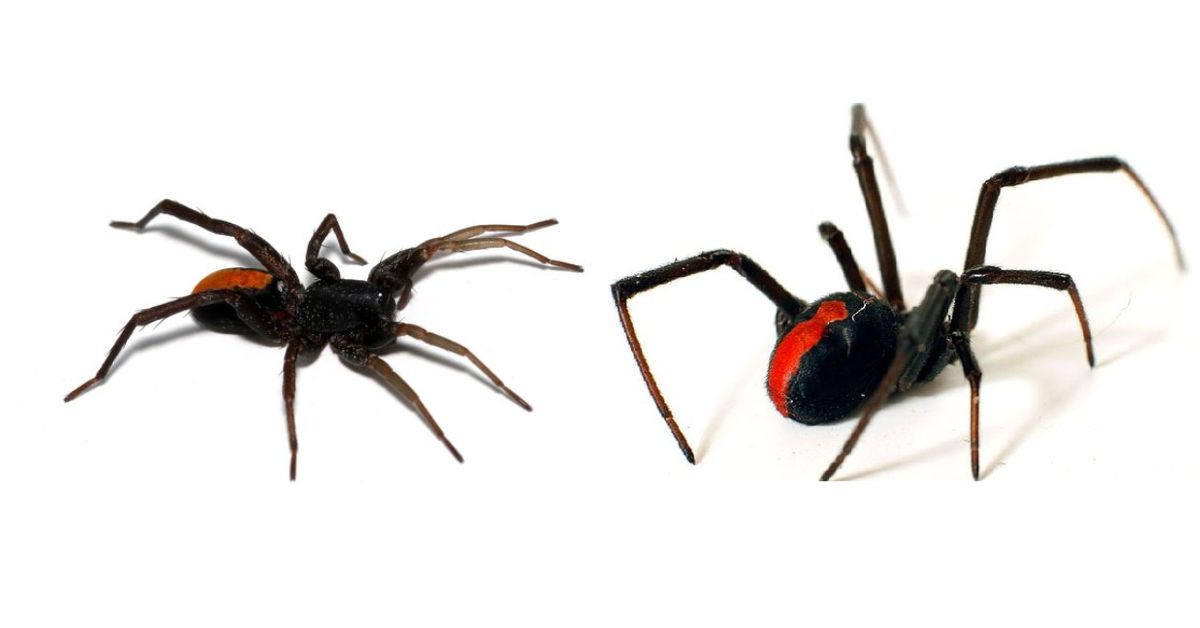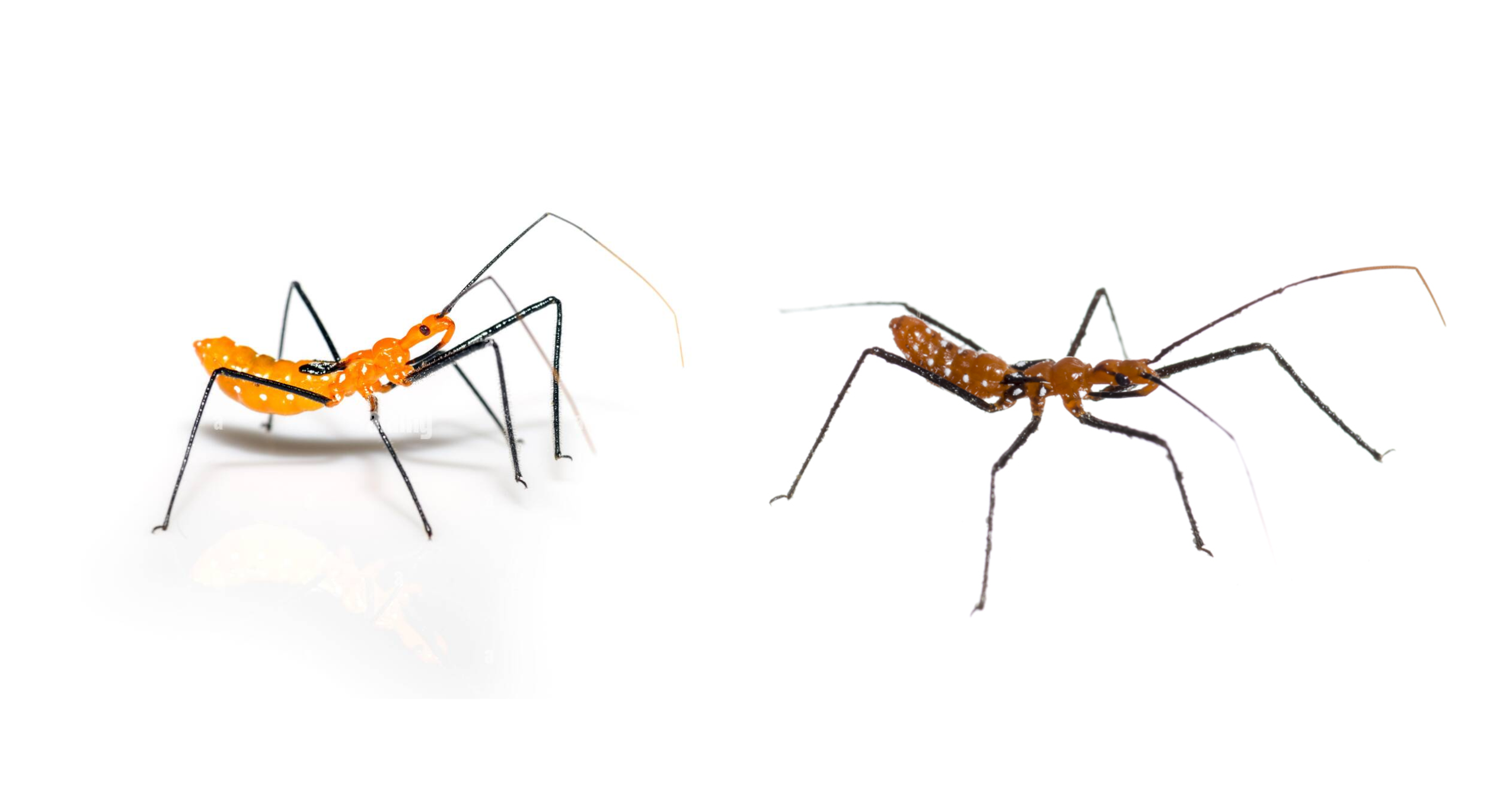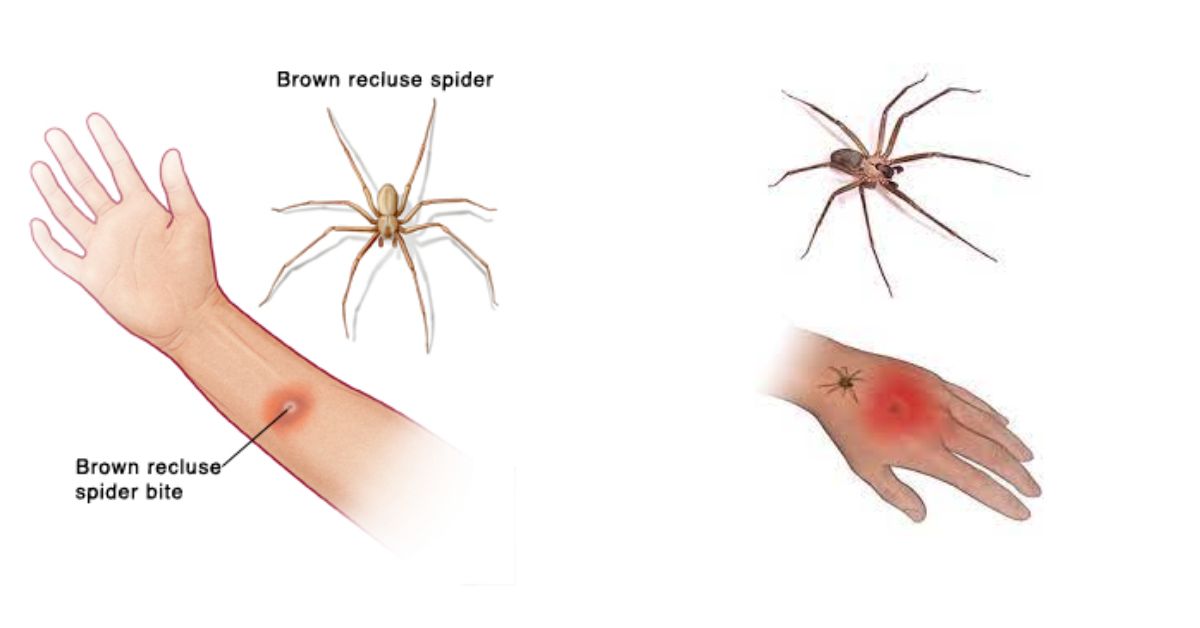If you’ve ever had an unwelcome guest scurry across your kitchen floor or discovered telltale signs of a pest infestation in your living space, you understand the importance of effective pest control for residential areas. Ensuring your home is a safe haven free from pests is crucial for your family’s health and peace of mind.
The Hidden Dangers of Pest Infestations
Pest infestations can pose serious risks to your home and the well-being of your loved ones. From disease-carrying rodents to destructive termites, these intruders can wreak havoc on your property. That’s why it’s essential to take proactive steps to keep them at bay.
Identifying Common Residential Pests
Before implementing a pest control strategy, it’s important to familiarize yourself with the common pests that may be lurking in your home. Ants, cockroaches, rodents, spiders, and bedbugs are among the most prevalent culprits. Knowing what you’re up against is the first step towards effective pest management.
The DIY Approach vs Professional Pest Control Services
While DIY solutions may seem appealing, they often provide only temporary relief. Professional pest control services bring expertise, experience, and specialized tools to the table. They can assess the extent of the infestation and implement targeted treatments to eradicate pests from your home.
Integrated Pest Management (IPM): A Holistic Approach
Integrated Pest Management (IPM) is a comprehensive strategy that focuses on long-term pest prevention. It combines environmentally friendly techniques, such as sealing entry points and removing attractants, with targeted pesticide applications when necessary. This approach minimizes the impact on the environment while effectively managing pests.

Safeguarding Your Home’s Exterior
The exterior of your home serves as the first line of defense against pests. Seal cracks and gaps in the foundation, repair damaged screens, and ensure that doors and windows fit snugly. Trim vegetation away from the house to eliminate potential entry points for pests.
Maintaining a Clean and Tidy Interior
A clutter-free and well-maintained interior is less appealing to pests seeking food, water, and shelter. Regularly clean and sanitize your living spaces, paying special attention to kitchens and bathrooms. Store food in airtight containers and promptly fix any leakages.
Environmental-Friendly Pest Control Solutions
In recent years, there has been a growing trend towards eco-friendly pest control methods. Natural remedies like diatomaceous earth, neem oil, and sticky traps offer effective alternatives to chemical-based pesticides. These options are not only safer for your family but also kinder to the environment.
Related Posts:
Seasonal Considerations for Pest Control
Different seasons bring different challenges when it comes to pest control. For example, winter may drive rodents indoors in search of warmth, while summer can see an uptick in insect activity. Tailoring your pest control efforts to the specific challenges of each season ensures year-round protection for your home.
Regular Inspections: A Proactive Approach
Regular inspections by trained pest control professionals are crucial for early detection and prevention of infestations. They can identify potential problem areas and implement preventative measures before pests have a chance to establish a foothold.
FAQs Residential Pest Control
What pests are commonly found in residential areas?
Common pests found in residential areas include ants, cockroaches, rodents (such as mice and rats), spiders, bed bugs, termites, and mosquitoes.
How can I tell if my home has a pest infestation?
Look out for signs like droppings, chewed wires or furniture, unusual odors, nests or webs, and sightings of pests during the day or night.
Why is it important to control pests in residential areas?
Pest control is crucial for maintaining a healthy and safe living environment. Pests can spread diseases, damage property, contaminate food, and cause allergies or health issues.
What are the benefits of hiring professional pest control services?
Professional pest control services offer expertise, effective treatment options, and long-term solutions. They can identify the extent of the infestation, use safe and appropriate methods, and provide ongoing monitoring and prevention strategies.
How often should I schedule pest control treatments for my home?
The frequency of pest control treatments depends on factors such as the type of pests, the severity of the infestation, and the location of your home. Typically, quarterly treatments are recommended for preventive maintenance.
Are pest control treatments safe for my family and pets?
Reputable pest control companies use safe and approved methods that minimize risks to humans and pets. They may use baits, traps, and eco-friendly pesticides that target pests while being safe for household members.
What can I do to prevent pests in my home between professional treatments?
Simple preventive measures include keeping the house clean and clutter-free, sealing entry points, storing food properly, fixing leaks, maintaining the yard, and practicing good hygiene habits.
How do I choose the right pest control company for my needs?
Research and compare pest control companies based on their experience, reputation, certifications, methods used, guarantees, and customer reviews. It’s important to select a licensed and insured company with a proven track record.
Can pest control treatments be customized for specific pest problems?
Yes, professional pest control companies assess each situation individually and tailor their treatments to target the specific pests present in your home. They may also offer integrated pest management (IPM) strategies for long-term effectiveness.
What should I do if I notice pests returning after treatment?
Contact your pest control provider immediately. They may need to reassess the situation and provide additional treatments or adjustments to ensure effective pest management. Regular communication with your pest control company is key to maintaining a pest-free home.
Conclusion
Investing in effective pest control for your residential property is an investment in the health and well-being of your family. By adopting a proactive approach, combining DIY efforts with professional services, and staying informed about the latest pest control techniques, you can create a safe and comfortable sanctuary for your loved ones. Remember, a pest-free home is a happy home.




